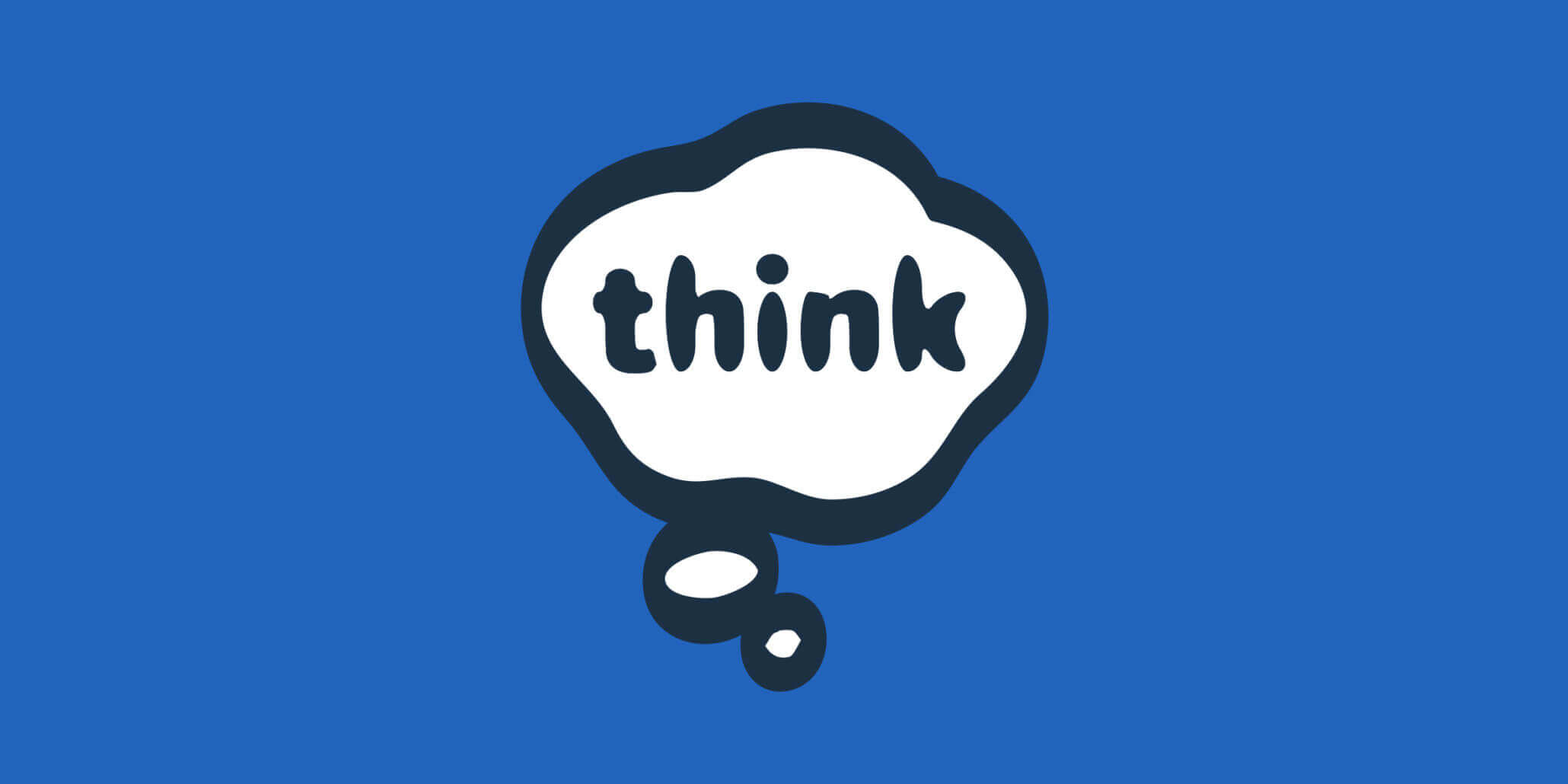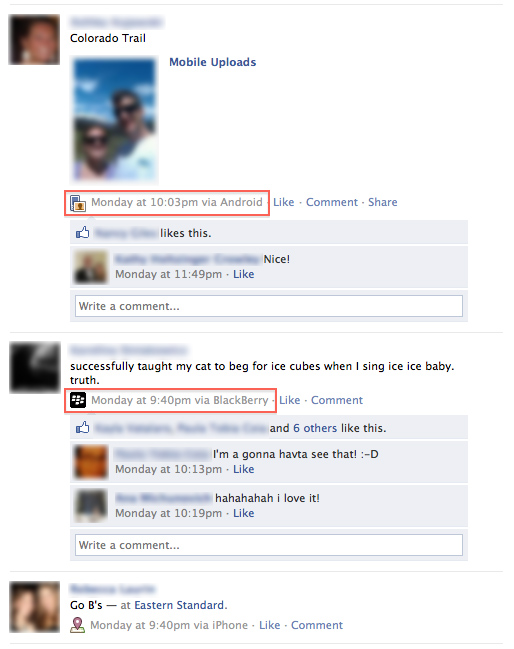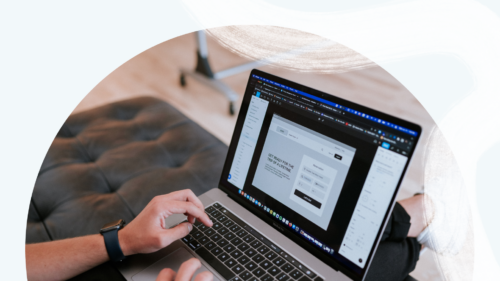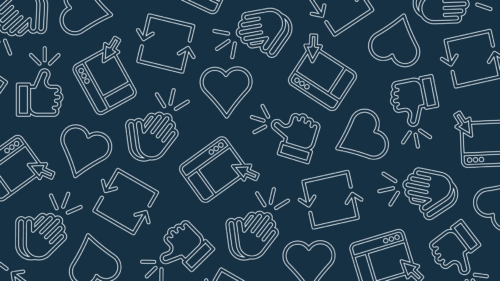Facebook: What Does “Most Recent” Mean To You?

Does Facebook’s “Most Recent” news feed deliver results based on user behavior? If so, this is probably one of the best kept secrets by the Facebook team. Although I can’t find specific research on the topic, I can lend you my insight from some haphazard research as a user. Through consistent analysis of my personal feed I’ve come to the conclusion that, yes, the “Most Recent” feed includes behavioral modifications in its algorithm.
I’ll walk you through a recent example. “Janice” is a friend of mine that I haven’t contacted, whose profile I haven’t viewed, and whom I haven’t seen tagged in any photos. She happens to send me a message through Facebook: “Hey, Nick. Long time, we should catch up, I just finished my latest photography portfolio and think you’d really dig it.”
It’s nice to hear from Janice – we haven’t spoken since high school. After responding, I visit her profile, check out her current status, and casually peruse her Facebook life. From there, I see that another old friend, “Steven”, recently posted a status update that he’s sick of the weather. Janice rebutted, noting that the rain is a great break from the heat. Her interaction with Steven is the reason I’m able to view his update on Janice’s wall.
I click into Steven’s profile and similarly do some scrolling and reminiscing. Whilst traveling down memory lane and satisfying an internal dialogue (what’s he been up to? where’s she living these days? etc.) my digital actions of clicking, responding, and viewing have created a new and unique trail of information from Janice to Me to Janice to Steven.
This is where I believe Facebook’s algorithm begins to track behavior based on actions to populate a different set of results in my ‘Most Recent’ news feed. You see, the next day I get to work and the first thing I do is check Facebook (who doesn’t?) – and sitting there in my ‘Most Recent’ news feed are various updates and comments from Facebook friends including Janice and Steven.
It struck me as relevant, but piqued my curiosity as I hadn’t recalled ever seeing Steven’s prior update on the weather in my feed. I clicked into Steven’s profile and saw he had a few recent updates in the past couple of days. Going back through my ‘Most Recent’ history (which only goes back about 3 or 4 days FYI) proved that Steven’s earlier updates had never appeared in my feed.
It took these digital actions between my account and Steven’s for him to appear in my news feed – and I’m assuming I also appeared in his ‘Most Recent’ feed. But did I, if I only viewed his information but didn’t interact with him directly?
Either way…there’s obviously more going on there than simply “Most Recent”. Is this good? Is this bad? I can’t answer that question for you…but I’ve always assumed it’d simply be the most recent activity from everyone in my Friends list, and that might once in a while spark interactions with folks I very rarely see or talk to. But if Janice hadn’t sent me that message, it’s unlikely I would have connected with Steve otherwise (or seen his grippingly important update on the weather, natch). What I would like to know is how exactly the Facebook team is determining who is appears in my ‘Most Recent’ news feed?

The two pictures I posted are an example from my account. In this example, It proves that not all updates are posted to your ‘Most Recent’ feed. As in this case, a friend posted a comment in reference to Battlestar Galactica on Monday at 9:48, but in my ‘Most Recent’ feed, that comment never appeared.
Send us a postcard, drop us a line
Interested in working with us?
We scope projects and build teams to meet your organization's unique design and development needs. Tell us about your project today to start the conversation.



